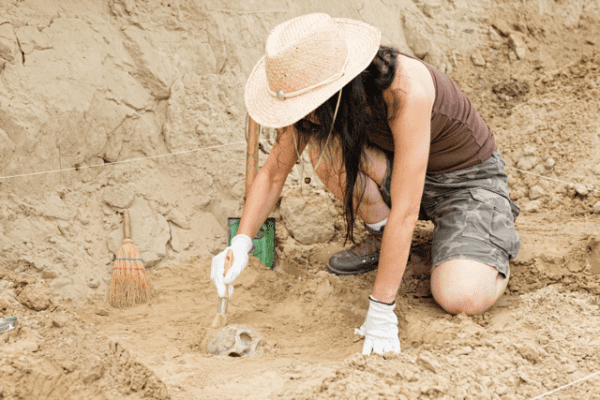
Syracuse, Italy
Archaeology Field School at the Temple of Zeus in Italy
When:
04 July - 25 July 2026
Credits:
3 EC
Read more
Archeology
When:
18 June - 28 June 2024
School:
University of Pisa Summer School
Institution:
University of Pisa
City:
Country:
Language:
English
Credits:
6 EC
Fee:
500 EUR


Archaeology deals with the study of the human past, conducted through material remains, i.e. artefacts that were manufactured, used, and discarded in ancient times. One of the most important task is to classify the artefacts, determining chronology, cultural attribution, form, function and other features. Neural networks and deep learning are powerful tools for supporting and facilitating such tasks, often time consuming and heavily depending on prior knowledge and expertise. This Summer School illustrates the use of neural networks for analyzing and classifying multimodal data, such as images, tables, texts. It is conducted, with an hands-on approach, through Python, one of the main programming languages of AI and Data Science, including a wide variety of deep learning tools and network architectures. In order to effectively conduct and support analysis and classification of data coming from tables, images and texts, modern archaeologists should be able to deal with concepts and tools related to new technologies. Such skills are not present in a standard archaeology background, though they are fundamental even to effectively interact with ICT experts.
The Summer School will last 60 hours and will take place from June 17th to June 28th, 2024, at the Department of Civilisations and Forms of Knowledge of the University of Pisa, Italy.
Bibliography: Stevens E., Antoga L., Viehmann T., Deep Learning with Pytorch, Manning (2020).
Prof. Gabriele Gattiglia
Students, graduates, PhD candidates, and post-docs in archaeology or related to Cultural Heritage.
The Summer School will enable participants to explore and visualize data with Python, set up and train neural networks from scratch and/or by modifying pre-trained networks (transfer learning), in order to perform classification tasks based on images and/or texts. It is built around a new paradigm, which takes into consideration archaeologists as both producers and users of digital archaeological data.
Fee
500 EUR, tuition fees
When:
18 June - 28 June 2024
School:
University of Pisa Summer School
Institution:
University of Pisa
Language:
English
Credits:
6 EC

Syracuse, Italy
When:
04 July - 25 July 2026
Credits:
3 EC
Read more

Padua, Italy
When:
29 June - 10 July 2026
Credits:
6 EC
Read more

Pisa, Italy
When:
22 June - 03 July 2026
Credits:
3 EC
Read more